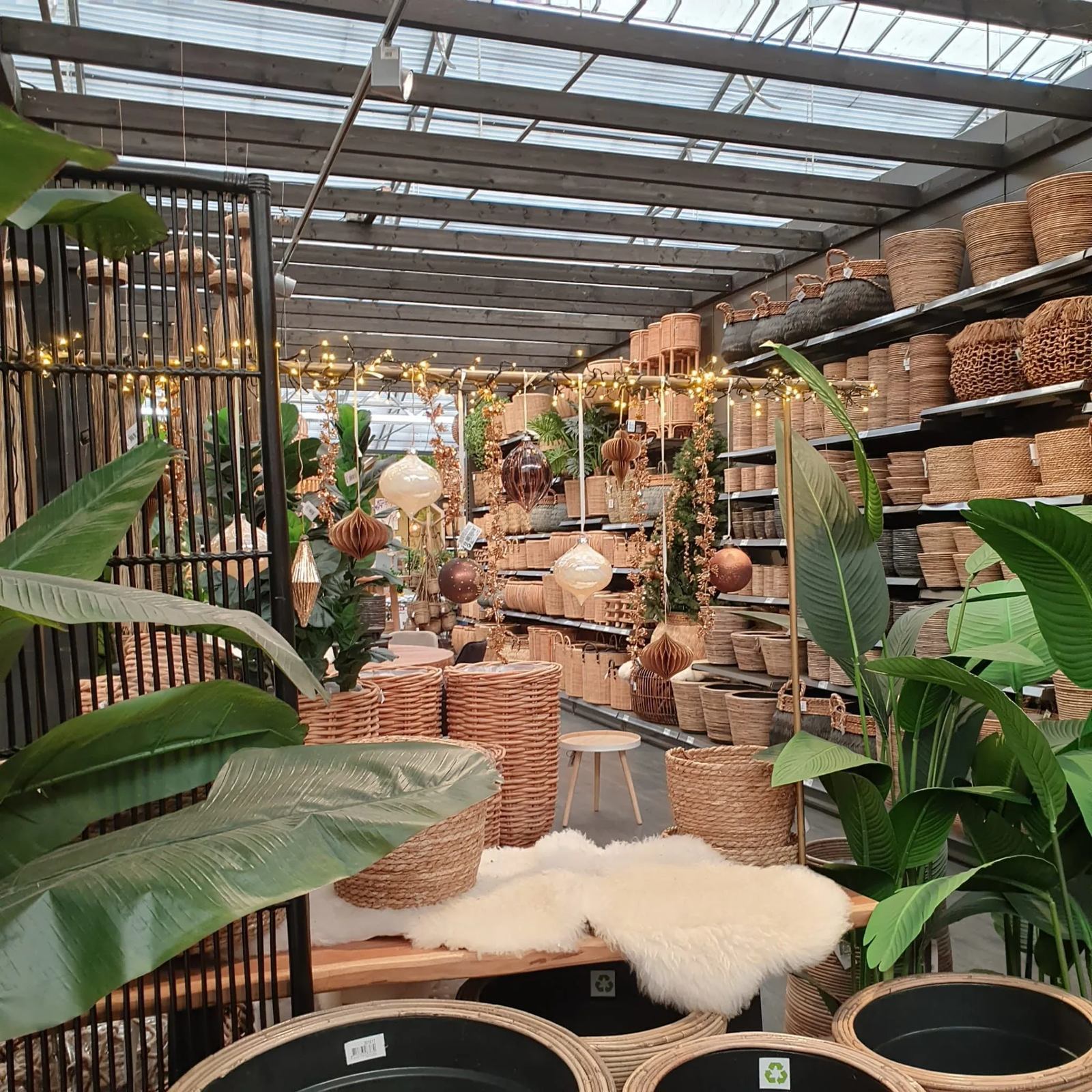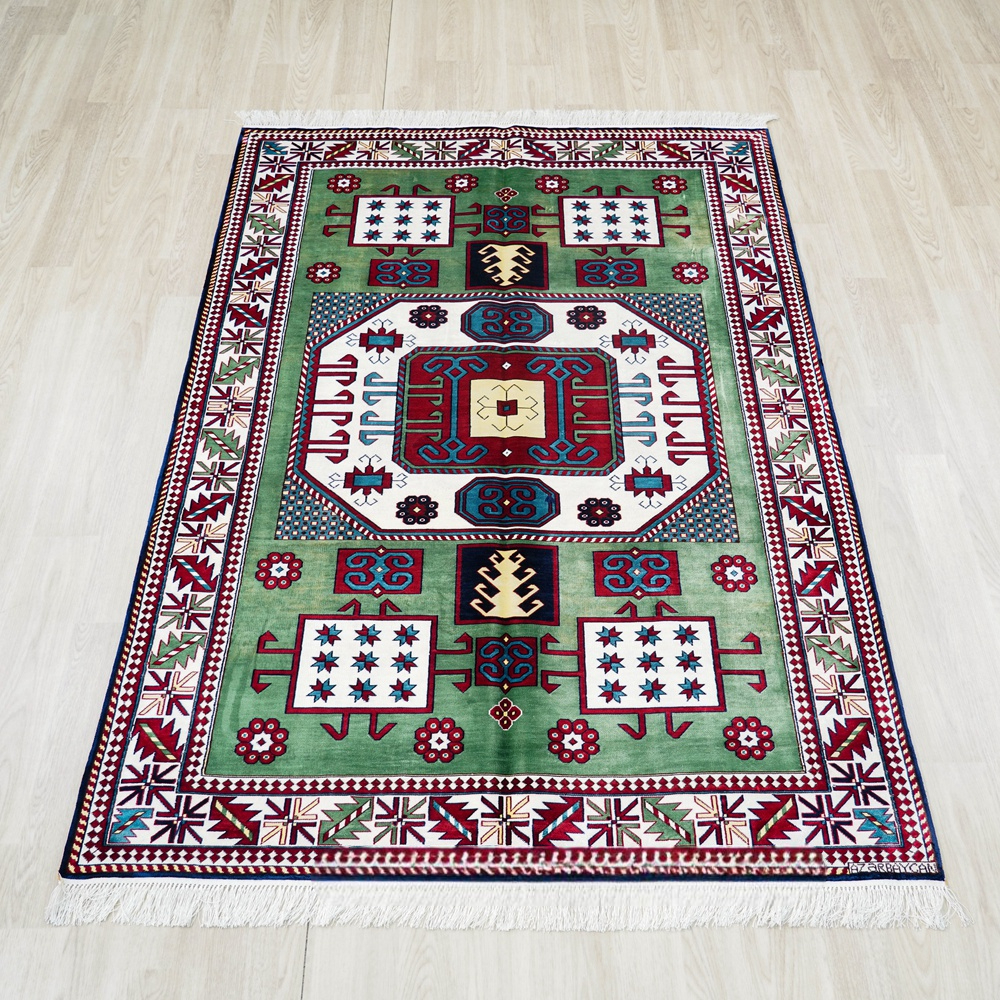
The Future of Green Spaces: Exploring Garden Centre Development and Innovative Garden Center Design
In today’s fast-paced urban world, people are constantly looking for ways to reconnect with nature. This is why Garden Centre Development and modern Garden Center Design are playing such an essential role in shaping how communities engage with outdoor spaces. Beyond simply being retail hubs for plants and garden tools, garden centres have evolved into lifestyle destinations that bring together sustainability, creativity, and functionality. Businesses and communities alike are realizing the untapped potential of these spaces, where customers not only shop but also learn, relax, and find inspiration for their personal green projects.
A well-executed Garden Centre Development project can breathe new life into a community. Whether it’s a small-town centre or a large urban complex, the right combination of thoughtful planning and modern features ensures that the garden centre becomes more than a store—it becomes a landmark. Today, many developers are emphasizing eco-friendly building materials, energy-efficient greenhouses, and interactive learning zones, making the experience both educational and environmentally responsible. This shift reflects how deeply gardening is tied to sustainability, and how modern centres can inspire individuals to live greener lives.
At the heart of these transformations is the concept of Garden Center Design. A garden centre is no longer just rows of plants and bags of soil. Instead, it is about creating an inviting flow, integrating technology, and offering experiences that keep visitors engaged. From wide, open layouts that make plant displays accessible to carefully designed lighting that highlights seasonal blooms, design principles now blend aesthetics with functionality. For example, integrating water features, seating areas, and eco-friendly irrigation systems elevates the overall experience and allows visitors to imagine how these elements might look in their own gardens.
One of the most important aspects of successful Garden Centre Development is adaptability. Customer needs and preferences evolve, and the centres must evolve with them. Modern consumers want more than just plants; they want expert advice, workshops, and spaces that encourage social interaction. This is where design becomes a game-changer. A garden centre with multipurpose areas for workshops or small events can foster community engagement, while digital kiosks or augmented reality tools can allow customers to visualize how certain plants will look in their own spaces before purchasing. These elements showcase how innovative thinking can set a centre apart from its competitors.
The integration of sustainability into Garden Center Design has also become a top priority. From solar panels on greenhouses to rainwater harvesting systems, eco-friendly practices not only reduce operational costs but also demonstrate a commitment to protecting the environment. Customers increasingly gravitate toward businesses that mirror their values, and a sustainable garden centre sends a powerful message. In fact, many centres are now featuring sections dedicated to native plants, pollinator-friendly flowers, and organic gardening supplies to meet the growing demand for environmentally conscious choices.
Beyond the physical layout, the customer experience is at the core of both Garden Centre Development and design. Shoppers no longer see garden centres as mere retail outlets; they view them as destinations for leisure and inspiration. Adding cafés, relaxation areas, and kid-friendly zones ensures that every family member enjoys the visit. Incorporating educational displays about plant care, sustainability practices, and gardening trends enriches the visitor’s knowledge while building loyalty to the centre. The key is to create memorable experiences that encourage repeat visits and long-term engagement.
Digital transformation is another factor shaping the future of Garden Center Design. Online integration is no longer optional; customers expect it. Centres that combine physical spaces with digital tools, such as mobile apps, click-and-collect services, and online tutorials, stand out in a competitive market. Virtual design consultations, for instance, allow customers to plan their gardens from the comfort of their homes, while in-person visits reinforce those plans with real-life inspiration. This hybrid approach creates a seamless experience that meets modern consumer expectations.
The economic benefits of well-executed Garden Centre Development cannot be overstated. A thriving centre not only generates revenue but also supports local nurseries, artisans, and service providers. Many centres are expanding their product lines beyond plants to include home décor, garden furniture, and eco-friendly lifestyle products, turning them into full-scale lifestyle hubs. This diversification creates resilience, especially during off-seasons, and ensures steady customer traffic year-round.
For businesses planning to enter or expand in this sector, focusing on Garden Center Design and development strategies is essential. Success lies in blending functionality with innovation—creating spaces that are practical for staff, inviting for customers, and environmentally responsible. From parking layouts that support accessibility to eco-conscious construction materials, every detail contributes to the overall success of the centre. Moreover, incorporating research on consumer behavior helps align design features with what customers truly want.
At Garden Center Advice, we understand that the future of garden centres depends on this balance of design, sustainability, and customer experience. Our expertise in guiding businesses through every stage of Garden Centre Development ensures that they not only meet industry standards but also create spaces that inspire and thrive. With the right strategies, garden centres can become hubs of education, leisure, and environmental awareness that serve their communities for years to come.
In conclusion, the evolution of Garden Center Design highlights the growing demand for spaces that go beyond retail. By integrating sustainability, technology, and customer-focused experiences, garden centres can secure their place as both commercial successes and community cornerstones. The future is bright for those who embrace innovation, and with the right planning and execution, every garden centre has the potential to flourish. As more communities look for ways to reconnect with nature, businesses that prioritize thoughtful development and inspiring design will lead the way.
At its core, Garden Centre Development is about creating places where people and nature meet in meaningful ways. And with forward-thinking Garden Center Design, these centres can become essential destinations that combine commerce with community, and inspiration with sustainability. Partnering with experts like Garden Center Advice can help businesses navigate this exciting journey, ensuring they create not just centres, but destinations of growth and inspiration.










